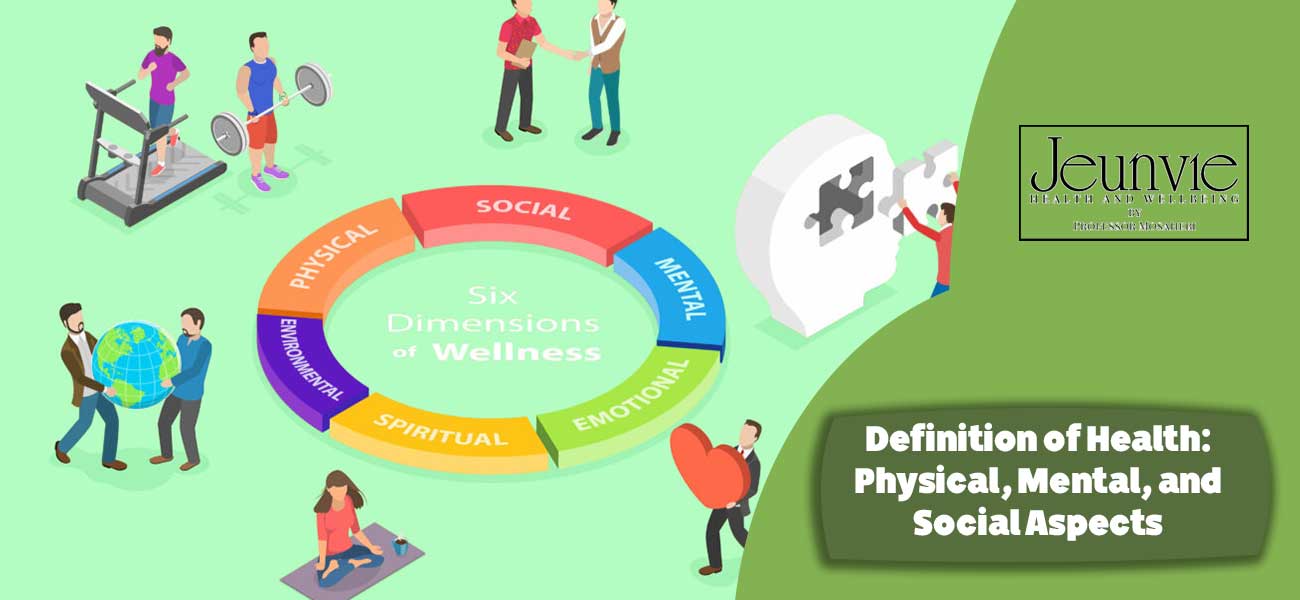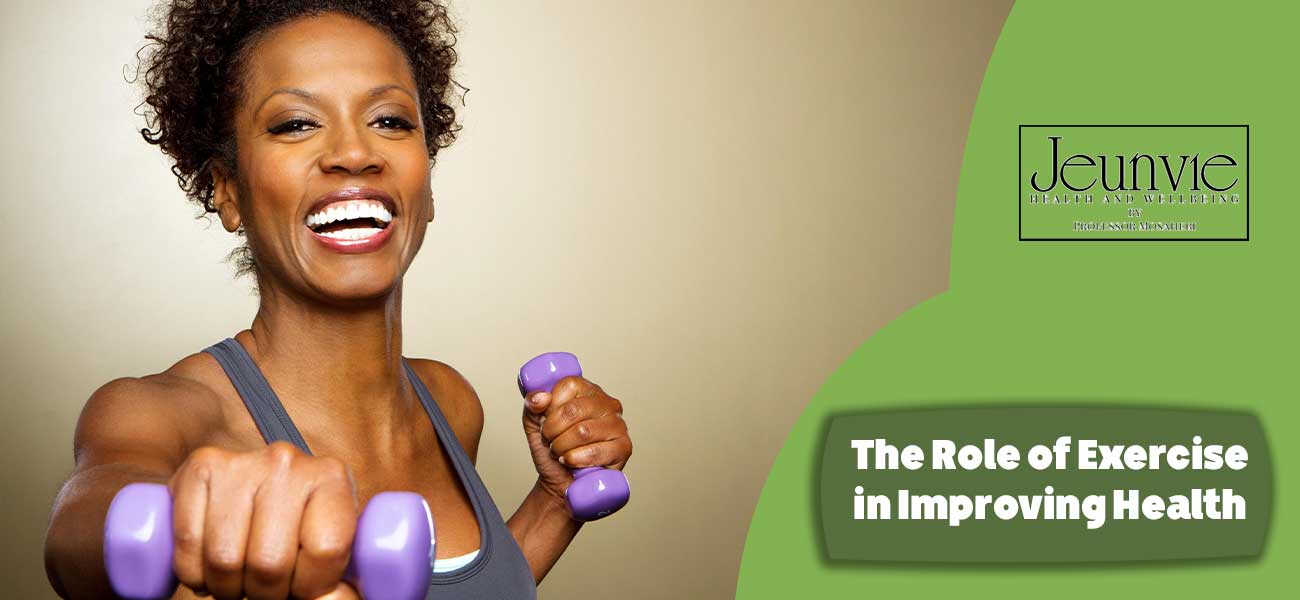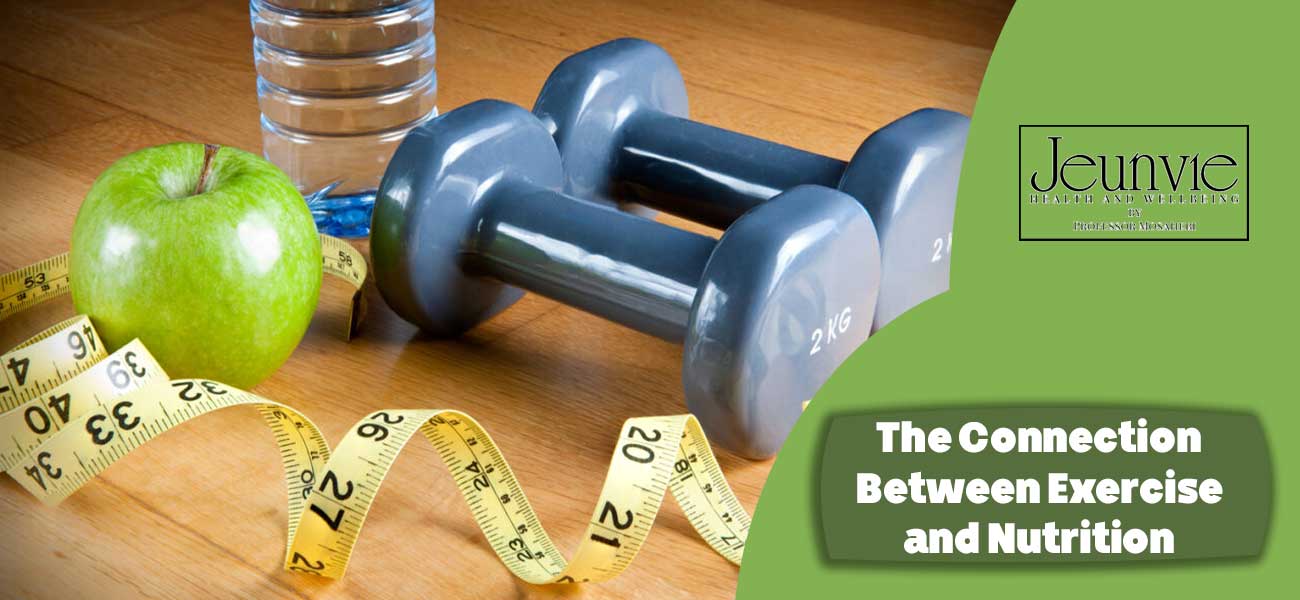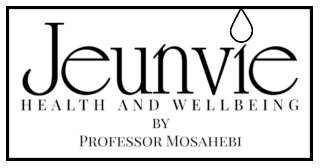In today’s world, the concept of health extends beyond merely being free from illness; it encompasses various dimensions, including physical, mental, and social well-being. Health, sport, and nutrition are three fundamental pillars in maintaining and improving our quality of life.
Sport is recognised as a key factor in preserving physical health. Regular physical activity can enhance cardiovascular function, strengthen muscles and bones, and increase flexibility. Moreover, engaging in sports helps to reduce stress and anxiety while boosting overall mood.
Proper nutrition also plays a crucial role in health. A balanced diet that includes fruits, vegetables, proteins, and whole grains can improve the immune system, increase energy levels, and reduce the risk of chronic diseases.
In this article, we will explore the interconnection between health, sport, and nutrition, illustrating how these three elements can collectively enhance our quality of life. By understanding this relationship, we can make healthier lifestyle choices and strive for an improved quality of life.
Subsequently, we will delve into the benefits of exercise, the importance of proper nutrition, and how to create a balance between these two factors.
Click to read this article :What is genetic testing and why should it be done

Definition of Health: Physical, Mental, and Social Aspects
Health is a multidimensional concept that encompasses various aspects of human life. Generally speaking, health is regarded as a state of overall well-being that not only includes the absence of illness but also encompasses physical, mental, and social well-being.
Physical Aspect:
This aspect pertains to the functioning of the body and its various systems. Physical health means having sufficient energy, strength, and endurance to carry out daily activities and being free from chronic illnesses. Various factors, such as proper nutrition, regular exercise, and adequate sleep, influence physical health. Individuals who enjoy good physical health typically face fewer problems in daily life and possess greater capacity for physical activities.
Mental Aspect:
Mental health refers to an individual’s emotional and psychological state. This aspect includes the ability to manage stress, emotions, and relationships with others. Those with good mental health are better equipped to handle life’s challenges and difficulties, experiencing a greater sense of satisfaction and happiness. Factors influencing mental health include social support, coping skills, and physical well-being.
Social Aspect:
This aspect relates to the quality of an individual’s social relationships and interactions with others. Social health refers to having positive and meaningful relationships with family, friends, and the community. Individuals with good social health typically experience feelings of belonging and support, which can enhance their mental and physical health. Additionally, participation in social activities and effective communication contribute to strengthening social health.
In summary, health is a comprehensive concept that requires attention to all these aspects. Only by understanding and improving the physical, mental, and social dimensions can we achieve a higher level of health and quality of life.

The Role of Exercise in Improving Health
Exercise is recognised as a key factor in enhancing health. Physical activity not only contributes to increased physical strength but also has positive effects on mental well-being. Below, we will explore the physical benefits of exercise and its impact on mental health.
Physical Benefits of Exercise
Regular exercise influences physical health in various ways:
- Improved Cardiovascular Function: Exercise strengthens the heart and blood vessels, potentially reducing the risk of heart disease. Aerobic activities such as running, swimming, and cycling are particularly beneficial for heart health.
- Muscle and Bone Strengthening: Engaging in resistance and strength training helps to enhance muscle and bone health. This is especially important for preventing issues like osteoporosis in later life.
- Weight Management: Exercise aids in burning calories and maintaining a healthy weight. Regular physical activity can be effective in managing weight and preventing obesity.
- Increased Flexibility and Balance: Stretching exercises and activities like yoga and Pilates improve flexibility and balance, reducing the risk of injury during daily activities.
The Impact of Exercise on Mental Health
Exercise also has positive effects on mental well-being:
- Reduced Stress and Anxiety: Physical activities promote the release of endorphins (the body’s natural feel-good hormones), which can enhance feelings of happiness and calm. This effect contributes to lower levels of stress and anxiety.
- Improved Mood: Regular exercise can boost mood and increase feelings of happiness and satisfaction. Research indicates that active individuals tend to experience higher levels of well-being.
- Enhanced Self-Confidence: Achieving fitness goals, especially when one experiences physical improvements and new capabilities, can contribute to increased self-confidence and self-esteem.
- Strengthened Social Connections: Participating in group sports and activities provides opportunities for social interactions and friendships, which can further enhance mental health.
In summary, exercise serves as an effective tool for improving both physical and mental health. It is advisable for individuals to incorporate a regular exercise programme to reap the benefits.

Proper Nutrition: A Foundation for a Healthy Life
Proper nutrition is essential for maintaining overall health and well-being. A balanced diet not only provides the necessary nutrients for the body but also supports physical and mental health. In this section, we will explore food groups and their roles, as well as the importance of hydration.
Food Groups and Their Roles
A balanced diet consists of various food groups, each playing a vital role in supporting health:
- Fruits and Vegetables: These are rich in vitamins, minerals, and antioxidants. Consuming a variety of fruits and vegetables can help protect against chronic diseases, improve digestion, and support the immune system.
- Proteins: Essential for growth, repair, and maintenance of body tissues, proteins can be found in both animal sources (such as meat, fish, and dairy) and plant sources (such as beans, lentils, and nuts). Including adequate protein in the diet is crucial for muscle health and overall vitality.
- Carbohydrates: As the body’s primary source of energy, carbohydrates should form a significant part of the diet. Whole grains, fruits, and vegetables provide complex carbohydrates that release energy slowly, helping to maintain stable blood sugar levels.
- Fats: While often viewed negatively, healthy fats are important for brain health, hormone production, and nutrient absorption. Sources of healthy fats include avocados, nuts, seeds, and olive oil. It’s important to limit saturated and trans fats found in processed foods.
- Dairy or Alternatives: These provide essential calcium and vitamin D, which are important for bone health. Dairy alternatives, such as almond or soy milk, can also be fortified with these nutrients.
By ensuring a varied diet that includes all these food groups, individuals can obtain the necessary nutrients to support their health and prevent nutritional deficiencies.
The Importance of Hydration
Hydration is a critical aspect of proper nutrition. Water plays a key role in numerous bodily functions:
- Regulating Body Temperature: Staying hydrated helps maintain a stable body temperature, especially during physical activity or in hot weather.
- Supporting Digestion: Adequate water intake is necessary for the proper digestion and absorption of nutrients. It also helps prevent constipation by promoting regular bowel movements.
- Facilitating Nutrient Transport: Water is essential for transporting nutrients throughout the body, ensuring that cells receive the necessary substances to function optimally.
- Enhancing Physical Performance: Dehydration can lead to fatigue, reduced endurance, and impaired coordination. Proper hydration is crucial for maintaining physical performance, especially during exercise.
In conclusion, proper nutrition, encompassing a balanced diet and adequate hydration, serves as the foundation for a healthy life. By prioritising these elements, individuals can improve their overall health and well-being.

The Connection Between Exercise and Nutrition
Exercise and nutrition are inherently linked, each playing a crucial role in the other’s effectiveness. Proper nutrition fuels physical activity and recovery, while exercise can influence nutritional needs. In this section, we will discuss the impact of nutrition on athletic performance and what to eat after exercising.
5.1. The Impact of Nutrition on Athletic Performance
Nutrition significantly affects athletic performance in various ways:
- Energy Levels: Adequate caloric intake ensures that athletes have enough energy for training and competition. Carbohydrates are particularly important, as they provide the primary source of fuel for high-intensity activities. Consuming a diet rich in complex carbohydrates helps maintain glycogen stores, which are vital for sustained performance.
- Muscle Recovery and Repair: Proteins are essential for muscle repair and growth. After exercise, consuming protein helps to rebuild muscle fibres that are broken down during physical activity. This is particularly important for strength training and endurance sports, where muscle recovery is critical for performance.
- Hydration: Staying hydrated is essential for optimal performance. Dehydration can lead to fatigue, decreased coordination, and impaired cognitive function. Athletes should ensure they are adequately hydrated before, during, and after exercise to maintain peak performance levels.
- Micronutrients: Vitamins and minerals play important roles in energy metabolism, immune function, and overall health. A well-balanced diet rich in fruits, vegetables, whole grains, and lean proteins ensures athletes get the necessary micronutrients to support their training regimens.
5.2. Post-Workout Nutrition: What Should We Eat?
Post-workout nutrition is crucial for recovery and performance enhancement. Here are key components to consider:
- Timing: Ideally, individuals should consume a meal or snack within 30 to 60 minutes after exercising. This window is known as the “anabolic window,” during which the body is particularly receptive to nutrients.
- Protein: Including protein in the post-workout meal is essential for muscle recovery. Aim for a protein source such as chicken, fish, eggs, or plant-based options like tofu or legumes. A protein intake of around 20 to 30 grams is recommended for optimal recovery.
- Carbohydrates: Replenishing glycogen stores is crucial, especially after prolonged or intense exercise. Consuming carbohydrates alongside protein helps accelerate recovery. Good options include whole grain bread, pasta, rice, or fruits.
- Healthy Fats: While fats should not be the primary focus immediately post-workout, including a small amount can support overall recovery. Avocados, nuts, and seeds are excellent sources of healthy fats.
- Hydration: Rehydrating after exercise is essential. Water is typically sufficient for hydration, but for intense or prolonged activities, electrolyte drinks may be beneficial.
In summary, the connection between exercise and nutrition is vital for optimising performance and recovery. By understanding the impact of nutrition on athletic performance and making informed post-workout dietary choices, individuals can enhance their fitness journey and overall health.

General Recommendations for a Healthy Lifestyle
Adopting a healthy lifestyle involves making conscious choices in both nutrition and physical activity. Here, we will discuss general recommendations for nutritional planning and suitable exercise programmes, emphasising the importance of health, sport, and nutrition.
6.1. Nutritional Planning
Effective nutritional planning is essential for maintaining a balanced diet and achieving health goals. Here are some key tips:
- Set Clear Goals: Establish specific, measurable, achievable, relevant, and time-bound (SMART) goals related to your nutrition. Whether it’s losing weight, gaining muscle, or simply eating healthier, having clear objectives can guide your dietary choices.
- Meal Preparation: Planning and preparing meals in advance can help ensure you have healthy options readily available. Batch cooking and portioning meals can save time and prevent the temptation of unhealthy snacks.
- Incorporate Variety: Aim to include a wide range of foods in your diet. This not only ensures you receive a broad spectrum of nutrients but also makes meals more enjoyable. Experiment with different fruits, vegetables, grains, and proteins.
- Mindful Eating: Pay attention to your hunger cues and eat slowly. This practice can help prevent overeating and encourage a healthier relationship with food. Focus on enjoying your meals without distractions.
- Limit Processed Foods: Minimise the consumption of processed and sugary foods. Instead, opt for whole foods such as fruits, vegetables, whole grains, and lean proteins to enhance your nutritional intake.
6.2. Suitable Exercise Programme
A well-structured exercise programme is vital for maintaining physical health and fitness. Here are some recommendations for creating a suitable exercise routine:
- Find Activities You Enjoy: Choose exercises that you find enjoyable and engaging. This will make it easier to stay motivated and consistent. Whether it’s dancing, cycling, swimming, or team sports, find what works for you.
- Mix It Up: Incorporate a variety of workouts into your routine, including cardiovascular, strength training, flexibility, and balance exercises. This variety not only prevents boredom but also ensures a well-rounded fitness regimen.
- Set Realistic Goals: Similar to nutritional planning, set achievable fitness goals. Gradually increase the intensity and duration of your workouts to avoid injury and promote continuous improvement.
- Schedule Regular Workouts: Consistency is key to forming a successful exercise habit. Schedule workouts into your weekly routine as you would any other important appointment. Aim for at least 150 minutes of moderate aerobic activity or 75 minutes of vigorous activity each week.
- Listen to Your Body: Pay attention to how your body feels during and after exercise. Rest when needed and don’t ignore signs of fatigue or injury. Recovery is as important as the workouts themselves.
In conclusion, adopting general recommendations for a healthy lifestyle, including effective nutritional planning and a suitable exercise programme, can significantly enhance overall well-being. By making mindful choices in these areas, individuals can lead healthier lives, promoting the essential relationship between health, sport, and nutrition.
Click to read this article : Genetic counseling
Common Challenges in Implementing a Healthy Lifestyle
Adopting a healthy lifestyle can be a rewarding journey, but it is often accompanied by various challenges. Understanding these common obstacles can help individuals navigate their path towards better health, sport, and nutrition. Here, we will discuss some of the prevalent challenges faced when trying to implement a healthy lifestyle.
Time Constraints
One of the most significant challenges is finding time for health, sport, and nutrition amidst a busy schedule. Many individuals struggle to balance work, family, and social commitments, leaving little room for meal planning, exercise, and self-care.
- Solution: Prioritising and scheduling specific times for physical activity and meal preparation can help overcome this obstacle. Small changes, such as exercising for shorter periods more frequently, can also contribute to achieving fitness goals without requiring extensive time commitments.
Lack of Knowledge
Many individuals may lack the knowledge required to make informed choices about health, sport, and nutrition. Misleading information about diets, exercise regimes, and nutrition can make it difficult to know what is genuinely beneficial.
- Solution: Educating oneself through reliable sources, such as registered dietitians, nutritionists, or reputable fitness experts, can enhance understanding of what constitutes a healthy lifestyle. Taking the time to learn about balanced diets and effective workouts can empower individuals to make better choices.
Motivation and Consistency
Sustaining motivation over time is another common challenge. Many people start with enthusiasm but find it hard to maintain consistency in their health, sport, and nutrition routines.
- Solution: Setting realistic, achievable goals and tracking progress can help maintain motivation. Additionally, finding a workout buddy or joining group classes can foster a sense of community, making it easier to stay committed to a healthy lifestyle.
Environmental Influences
Environmental factors, such as easy access to fast food or a lack of safe places for exercise, can hinder efforts to maintain a healthy lifestyle. These influences can negatively impact one’s ability to prioritise health, sport, and nutrition.
- Solution: Creating a supportive environment by stocking healthy foods at home, seeking out community resources like parks or gyms, and surrounding oneself with like-minded individuals can help combat these challenges.
Emotional Factors
affective stressors can lead to unhealthy eating habits and decreased motivation to engage in physical activities. Emotional eating or a lack of energy can derail progress towards a healthy lifestyle focused on health, sport, and nutrition.
- Solution: Developing coping strategies, such as mindfulness practices or seeking support from friends or professionals, can aid in managing emotional challenges. Recognising triggers for unhealthy habits and addressing them proactively is key to long-term success.
In conclusion, while there are common challenges in implementing a healthy lifestyle, understanding and addressing these obstacles can lead to significant improvements in health, sport, and nutrition. By taking proactive steps to overcome these challenges, individuals can create a sustainable path toward achieving their wellness goals.
Click to read this article : Genetic counseling
Conclusion: The Integration of Health, Sport, and Nutrition for a Better Life
In conclusion, the interconnectedness of health, sport, and nutrition is crucial for enhancing overall well-being and improving the quality of life. By recognising the significance of each component, individuals can cultivate a balanced lifestyle that promotes physical fitness, mental clarity, and emotional resilience.
Integrating health, sport, and nutrition is not merely about adhering to strict diets or rigorous exercise regimens; it involves a holistic approach to living well. This includes making informed dietary choices, engaging in regular physical activity, and nurturing a positive mindset. When these elements work together, they contribute to increased energy levels, better mood regulation, and a stronger immune system.
Moreover, adopting a lifestyle that prioritises health, sport, and nutrition empowers individuals to set and achieve personal goals. Whether it’s enhancing athletic performance, maintaining a healthy weight, or simply feeling more invigorated, the benefits are extensive.
To foster this integration, individuals should seek education, create supportive environments, and develop sustainable habits. It’s essential to acknowledge that the journey towards a healthier life is an ongoing process that demands commitment and adaptability.
Ultimately, by embracing the synergy between health, sport, and nutrition, individuals can pave the way for a fulfilling and vibrant life, characterised by vitality and longevity. Choosing to weave these elements into daily routines is a powerful step towards achieving a better life for oneself and future generations.
Reviews
Contact
- Our Clinic : 4th Floor, 93-95 Wardour Street W1F 0UD
- phone: 07843 055357
- email:info@jeunviewellbeing.health
- Copyright 2025 Jeunvie Health and Wellbeing

Leave a Reply